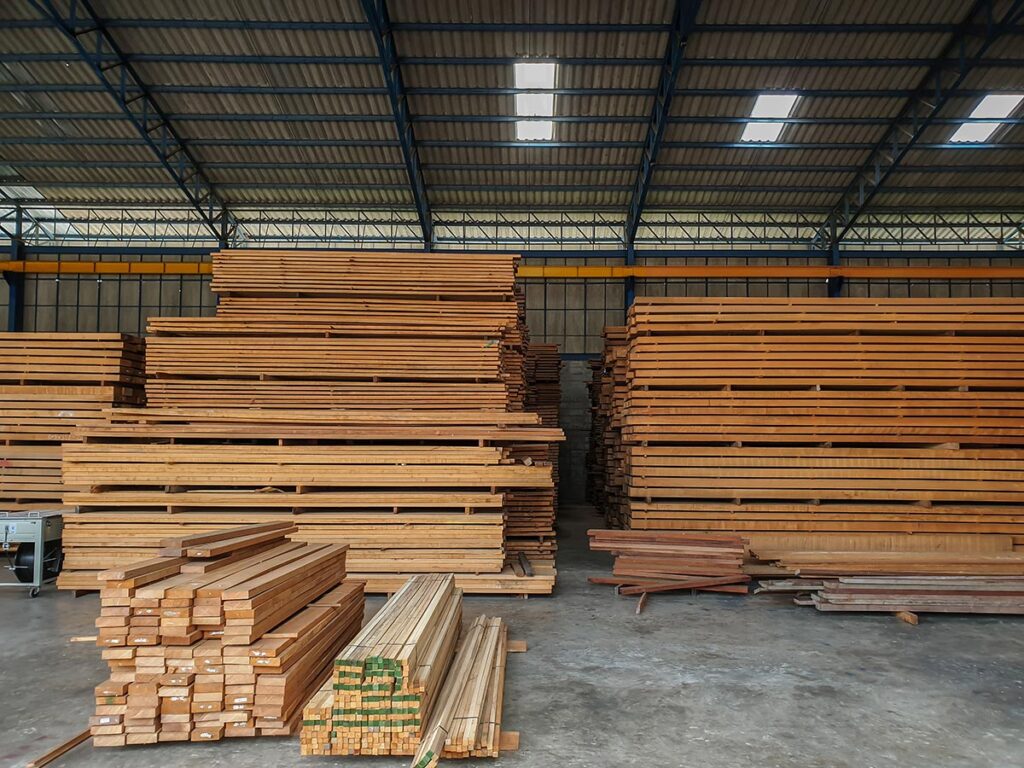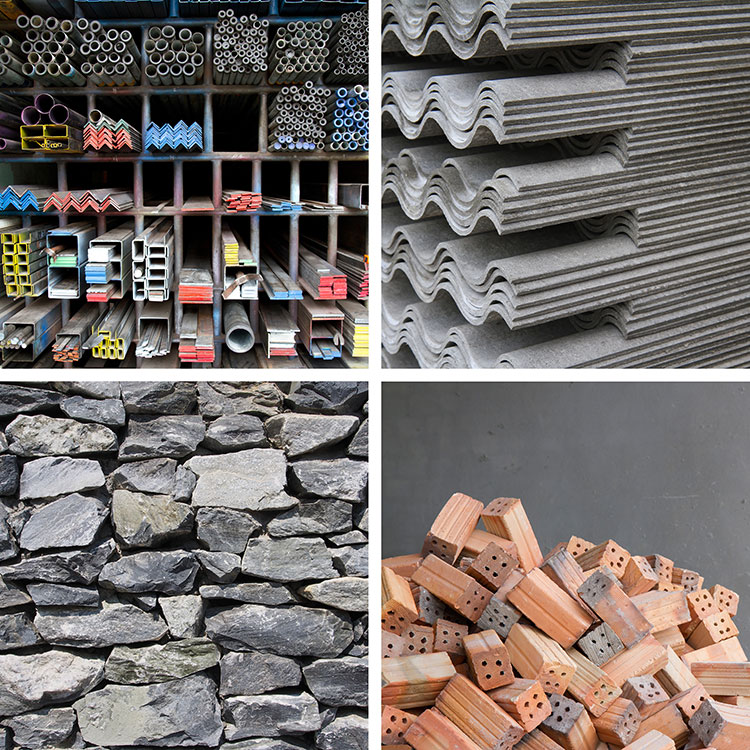The Senate committee on urban planning, housing and resettlement is set to conduct an inquiry into the rising cost of construction materials in connection with the recent series of issuances from the Department of Trade and Industry (DTI) mandating product certifications.
The looming investigation was prompted by a resolution filed by Sen. Francis Tolentino, who chairs the Senate committee on urban planning, housing, and resettlement, seeking a probe into the DTI directives and their possible “detrimental” impact on the housing industry.
“The implementation of the DTI issuances has caused unnecessary delays by prescribing additional and lengthy procedures prior to the sale, distribution, and importation of construction materials. Inevitably, this will entail additional costs for importers, and may even cause a temporary supply shortage of construction materials, which in turn, will result in price inflation,” Tolentino said in his resolution.
“These additional requirements may also cause untoward delays in the ‘Build Build Build’ Program of the Philippine government. They may also undermine the intention behind the passage of Republic Act 11517, which has authorized the President to expedite the processing and issuance of national and local permits, licenses, and certifications in times of national emergency, such as the COVID-19 pandemic,” he said.

The inquiry will be conducted by his panel and other relevant committees.
He said the COVID-19 pandemic has heavily affected the construction industry as data from the Philippine Statistics Authority (PSA) showed. At the height of the enhanced community quarantine, the number and value of construction projects in the first quarter of 2020 shrank by over one-fifth, with construction works also placed on hold.
The stoppage in construction works caused unemployment for many construction workers as PSA data showed 3,974,000 were employed in the construction industry in October 2020, which was less compared to the 4,179,000 employed therein in October 2019.
Construction prices have increased recently as shown by the doubling of the year-on-year growth rate of Construction Materials Retail Price Index (CMRPI) in the National Capital Region (NCR) to 1.2 percent in January 2021 from 0.6 percent in January 2020, Tolentino also said.

Despite such serious challenges, the DTI, he said, issued a series of orders requiring the mandatory product certification of basic construction materials, such as plywood, ceramic dies, and roofing materials, pursuant to its mandate under Article 5 of Republic Act 7394, or the “Consumer Act of the Philippines,” to develop and provide safety and quality standards for consumer products.
The Bureau of Philippine Standards, under the DTI, implements the Philippine Standard (PS) Quality and/or Safety Certification Mark Licensing Scheme and the Import Commodity Clearance (ICC) Certification Scheme.
Products covered by the mandatory certification are not allowed to be distributed in the Philippine market without the necessary PS or ICC marks.
Last October 15, the DTI issued Department Administrative Order (DAO) No. 20-06, which reinstated plywood in the list of products required to undergo mandatory product certification.
Thus, the order now requires plywood manufacturers to secure a PS Quality Certification Mark license prior to the sale and distribution of plywood in the market. Importers, on the other hand, are required to acquire their products only from foreign manufacturers holding valid PS licenses.
The DTI subsequently issued DAO No. 20-09, adding ceramic tiles in the list of products for mandatory certification, and requiring local manufacturers of ceramic tiles to secure a PS Quality Certification Mark license. Importers are required to secure either a Statement of Confirmation for PS-certified ceramic tiles or ICC for non-PS-certified ceramic tiles.
The agency also issued DAO No. 20-10, requiring manufacturers of hot-dip metallic-coated and pre-painted galvanized coils and sheets, whether local or foreign, for roofing and general applications, to obtain a PS Safety Certification Mark License.
It also requires importers to source their products only from foreign manufacturers holding valid PS Licenses.
Tolentino said the steel industry has appealed to the DTI for ample time to comply with the new requirements and dispose of their shipments which have already arrived or have been ordered prior to the effectivity of the administrative orders.
There were also allegations that public consultations with stakeholders were not properly held, the senator said.
